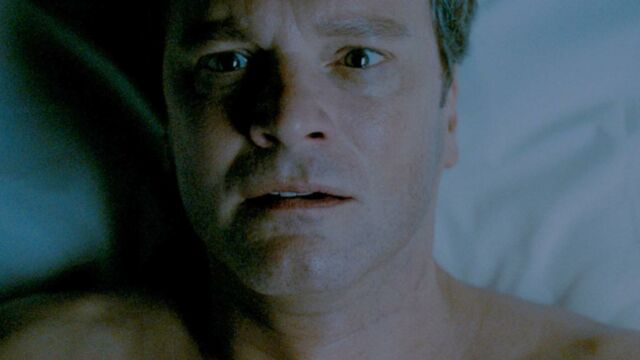Sleep: Here's why you feel like you're suddenly falling when you're dozing off

There’s a reason why your muscles involuntarily jerk when you are falling asleep.
Sleep is a fascinating phenomenon. If you really thing about it, there are several hours where you body is just lying in one place, your brain completely silent (unless of course you have vivid dreams, and you wake up after 7 or 8 hours, not having done anything—at least not voluntarily.
Discover our latest podcast
For there are some people who talk in their sleep, snore, and even walk in their sleep.
Some people even experience the strange feeling of falling, during the initial stages of dozing off.
Yes, according to Sleep Foundation at least 70% of people have been startled awake because they thought they were falling in their sleep. Luckily, there's an explanation for this.
More under this adMore under this adIt's called hypnic jerks
There's a technical term for when you feel like you're falling while sleeping, and it's called hypnic jerks. It's also known as sleep starts, and it's a sudden, involuntary muscle contraction that you may experience just as you are drifting asleep.
The jolt caused by the contractions can startle you into waking up when you’re in that state of being half awake, half asleep.
More under this adMore under this adSleep starts usually affect only side of the body and may come in a single jerk, or multiple jerks in succession before your body relaxes again. The condition is quite normal and isn’t a serious disorder.
In addition to the jerking movement, some people experience sleep starts differently. A common sign is a feeling of falling, or having a dream in which you fall or are startled. Most people wake up with an increased heart rate or a shallow breathing pattern.
More under this adMore under this adHere's why they may happen
Science is quite unclear why hypnic jerks happen, but there are some theories on what the possible triggers of this harmless, natural occurrence could be, including:
- Stimulants: Caffeine, nicotine and even alcohol can stay in the body for several hours, disrupting sleep. Having too much caffeine or nicotine, or consuming these substances too close to bedtime, may lead to hypnic jerks.
- Anxiety: Stress and anxiety keep your brain active when it is time to sleep. This makes sleeping less restful, causing the involuntary contractions of the muscles.
- Nighttime exercise: While exercising during the day can relax your muscles at night, evening workouts keep them active, resulting in hypnic jerks
- Sleep deprivation: If you have trouble sleeping or a lack of a healthy sleep routine, you may increase your risk of hypnic jerks.
Since it’s not a serious disorder, minimizing the factors that cause hypnic jerks, will ensure that you have restful, uninterrupted sleep.
More under this adMore under this adRead more:
⋙ Insomnia: This is what to drink to get a good night's rest
⋙ Weight loss: Sleeping longer could help you lose 12 kgs
⋙ Contraception: Does the pill affect our sleep schedule?
Sources used: